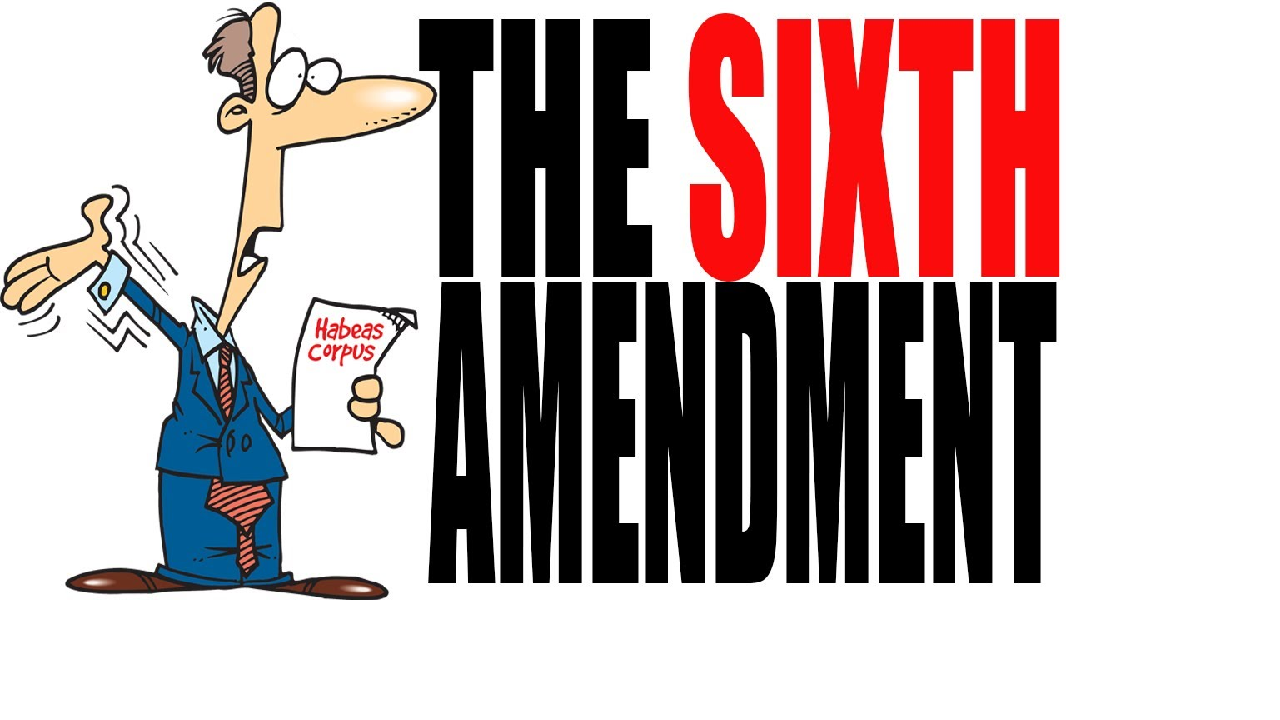BROWSE BY TOPIC
- Bad Brokers
- Compliance Concepts
- Investor Protection
- Investments - Unsuitable
- Investments - Strategies
- Investments - Private
- Features/Scandals
- Companies
- Technology/Internet
- Rules & Regulations
- Crimes
- Investments
- Bad Advisors
- Boiler Rooms
- Hirings/Transitions
- Terminations/Cost Cutting
- Regulators
- Wall Street News
- General News
- Donald Trump & Co.
- Lawsuits/Arbitrations
- Regulatory Sanctions
- Big Banks
- People
TRENDING TAGS
Stories of Interest
- Sarah ten Siethoff is New Associate Director of SEC Investment Management Rulemaking Office
- Catherine Keating Appointed CEO of BNY Mellon Wealth Management
- Credit Suisse to Pay $47Mn to Resolve DOJ Asia Probe
- SEC Chair Clayton Goes 'Hat in Hand' Before Congress on 2019 Budget Request
- SEC's Opening Remarks to the Elder Justice Coordinating Council
- Massachusetts Jury Convicts CA Attorney of Securities Fraud
- Deutsche Bank Says 3 Senior Investment Bankers to Leave Firm
- World’s Biggest Hedge Fund Reportedly ‘Bearish On Financial Assets’
- SEC Fines Constant Contact, Popular Email Marketer, for Overstating Subscriber Numbers
- SocGen Agrees to Pay $1.3 Billion to End Libya, Libor Probes
- Cryptocurrency Exchange Bitfinex Briefly Halts Trading After Cyber Attack
- SEC Names Valerie Szczepanik Senior Advisor for Digital Assets and Innovation
- SEC Modernizes Delivery of Fund Reports, Seeks Public Feedback on Improving Fund Disclosure
- NYSE Says SEC Plan to Limit Exchange Rebates Would Hurt Investors
- Deutsche Bank faces another challenge with Fed stress test
- Former JPMorgan Broker Files racial discrimination suit against company
- $3.3Mn Winning Bid for Lunch with Warren Buffett
- Julie Erhardt is SEC's New Acting Chief Risk Officer
- Chyhe Becker is SEC's New Acting Chief Economist, Acting Director of Economic and Risk Analysis Division
- Getting a Handle on Virtual Currencies - FINRA
ABOUT FINANCIALISH
We seek to provide information, insights and direction that may enable the Financial Community to effectively and efficiently operate in a regulatory risk-free environment by curating content from all over the web.
Stay Informed with the latest fanancialish news.
SUBSCRIBE FOR
NEWSLETTERS & ALERTS
Fighting Insider Trading Charges, Son Seeks Immunity for Father
Perhaps you remember the case: on August 17th a New York jury convicted Sean Stewart of insider trading. The former investment banker at Perella Weinberg Partners had tipped his father about pending deals and his father traded on that information. The father, Robert Stewart later entered into a plea deal with federal prosecutors and, at the trial, took the Fifth when called to testify on his banker son’s behalf. Now, Sean Stewart, who faces as much as 20 years in federal prison, is asking for a new trial. He claims that prosecutors improperly threatened his father to keep him from testifying that there was no violation of the law.
Here’s the rationale behind his appeal, as provided by Peter Henning in his NYT White Collar Watch column:
The government is required to aid the defense under the Sixth Amendment, which provides that a defendant shall enjoy the right “to have compulsory process for obtaining witnesses in his favor.” Even if a witness can be required to appear, the person can refuse to testify by asserting the Fifth Amendment privilege against self-incrimination if the testimony might result in being prosecuted.
That creates a problem for defendants, who may desperately need the testimony to establish that they did not commit a crime. But the only way to force a witness to testify is to grant the person immunity, and defendants lack the authority to provide that protection.
In Mr. Stewart’s case, one of the most damning pieces of evidence came from a recording of his father, Robert Stewart, who traded on inside information he received from his son, a former investment banker at Perella Weinberg Partners. Robert Stewart told another man he was tipping that his son once said, “I handed you this on a silver platter and you didn’t invest in this.” The prosecutors argued that a son chastising his father for not using confidential information proved he knew there was insider trading.
To explain that comment, Sean Stewart subpoenaed his father to testify at trial. But the Justice Department threatened to pursue further charges against Robert Stewart, who had already pleaded guilty to insider trading charges and was sentenced to probation. The government could have charged Robert Stewart with perjury and making false statements to government agents if he testified inconsistently with earlier responses after his arrest.
To avoid facing additional punishment, the father asserted his Fifth Amendment right, and thus was unable to help his son.
After his conviction on insider trading charges, Sean Stewart filed a motion for a new trial, asking the trial court to grant his father immunity to testify that his son was unaware the information he had given out in discussing his investment banking work would be used for trading. Without access to that evidence, Sean Stewart claims that he did not receive a fair trial.
Bloomberg reported that Sean Stewart sent an email to former co-workers at Perella Weinberg in September stating, “My father wanted to testify that I had ABSOLUTELY NO idea what he was doing, and also explain other statements, but he was threatened with potential loss of his probation and potential jail time if he did.”
Although the government must aid the defense in gathering evidence, courts generally find that prosecutors need not give immunity from prosecution just because a defendant wants testimony from a recalcitrant witness. If it did, the danger for the government is that the witness might take all the blame for a violation in an effort to exonerate the defendant, after which it would be almost impossible to pursue charges against the witness because of the protection afforded by the immunity grant.





